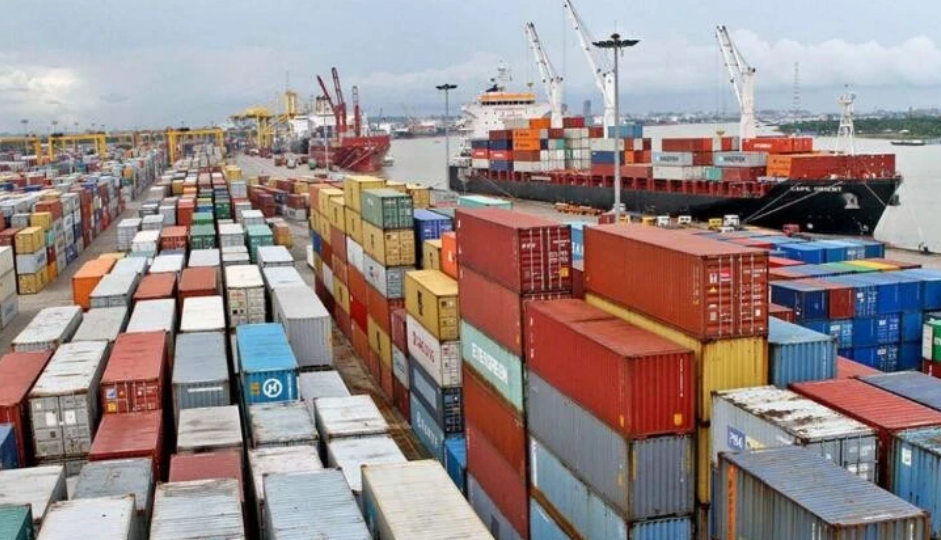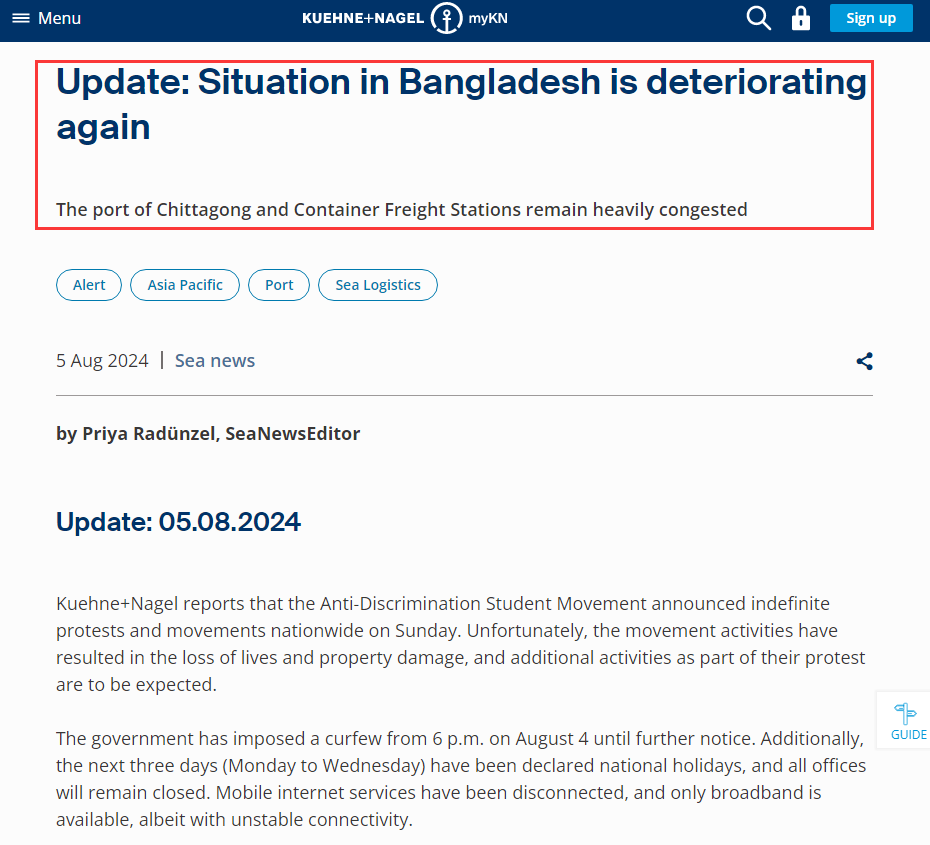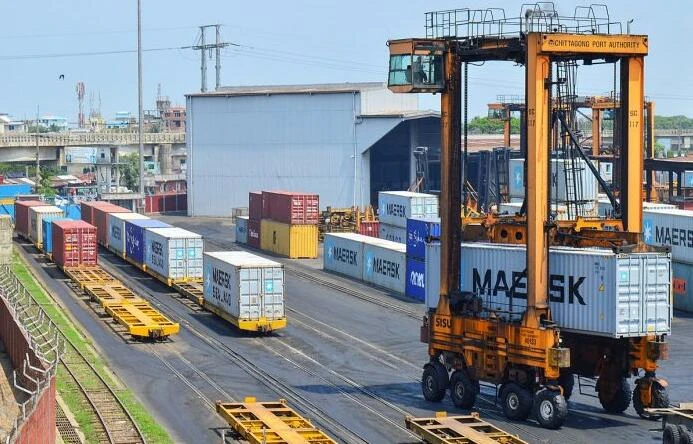Recently, the situation in Bangladesh has deteriorated again, with conflicts breaking out across the country and protests intensifying. Protesters have blocked major highways in the country in the past few days, and cargo transportation has been interrupted again. Chittagong cargo transportation has been seriously affected again. Recently, logistics and transportation in various parts of Bangladesh have fallen into chaos again. Please pay attention to the impact of logistics delays.

The government has declared Monday to Wednesday as a national holiday and all offices will remain closed. Mobile internet services have been disrupted and only broadband is available with an unstable connection. Factories will remain closed until further orders. From the warehouse in Chittagong, only a few hundred boxes can be transported to the port for shipment. The freight process was affected on Monday morning as the internet connection was interrupted for several hours.
On August 5, Kuehne + Nagel's official website issued an early warning: The situation in Bangladesh has deteriorated again, and Chittagong is still severely congested.

Chittagong Port is severely congested. According to seaexplorer data, currently the waiting time for ships is still 3-4 days, but the number of ships waiting at anchorage has increased to 11. Currently, there are still about 41,000 TUE containers in the port. The port authorities are aware of the situation and are working hard to keep operations as active as possible.
Container freight stations (CFS) are also becoming more congested due to cargo backlogs and an influx of goods to be processed. They are experiencing difficulties, especially in terms of network-based communications and connectivity.

According to CCTV News, it was learned on August 5 local time that the Bangladesh military issued a statement on the same day saying that a curfew would be imposed from 0:00 to 6:00 local time on August 6.
Bangladesh Army Chief of Staff Wake-Uz Zaman said in a televised speech on the 5th that the country's Prime Minister Sheikh Hasina resigned on the same day and an interim government will be established soon to govern the country. In his televised speech, Zaman called on the people to remain calm and work together to maintain national peace and order, and stressed that he would investigate the recent violent incidents in Bangladesh.

Bangladesh has recently seen a number of protests against work-related systems, and violence during the protests has reportedly resulted in the deaths of more than 200 people.
In addition, Bangladesh's Business Standard newspaper said on the 5th that the protests were related to the country's economy. Since Bangladesh's economic development relies on export trade, the current poor global economic environment has led to a decrease in export orders and difficulties in paying workers' wages. The US dollar exchange rate has caused currency turmoil and inflation in Bangladesh, and these difficulties have directly affected the lives and livelihoods of the Bangladeshi people. According to statistics from the Asian Development Bank, the inflation rate in 2023 will rise from 6.2% to 9.0%. According to the agency's forecast, Bangladesh's economic growth rate will be difficult to increase in the next few years, while the inflation rate will continue to remain high.
Once again, shippers and freight forwarders who have recently shipped to the country should also pay close attention to the delays and impacts of the protests on cargo transportation to avoid unnecessary losses! Forward this to everyone~